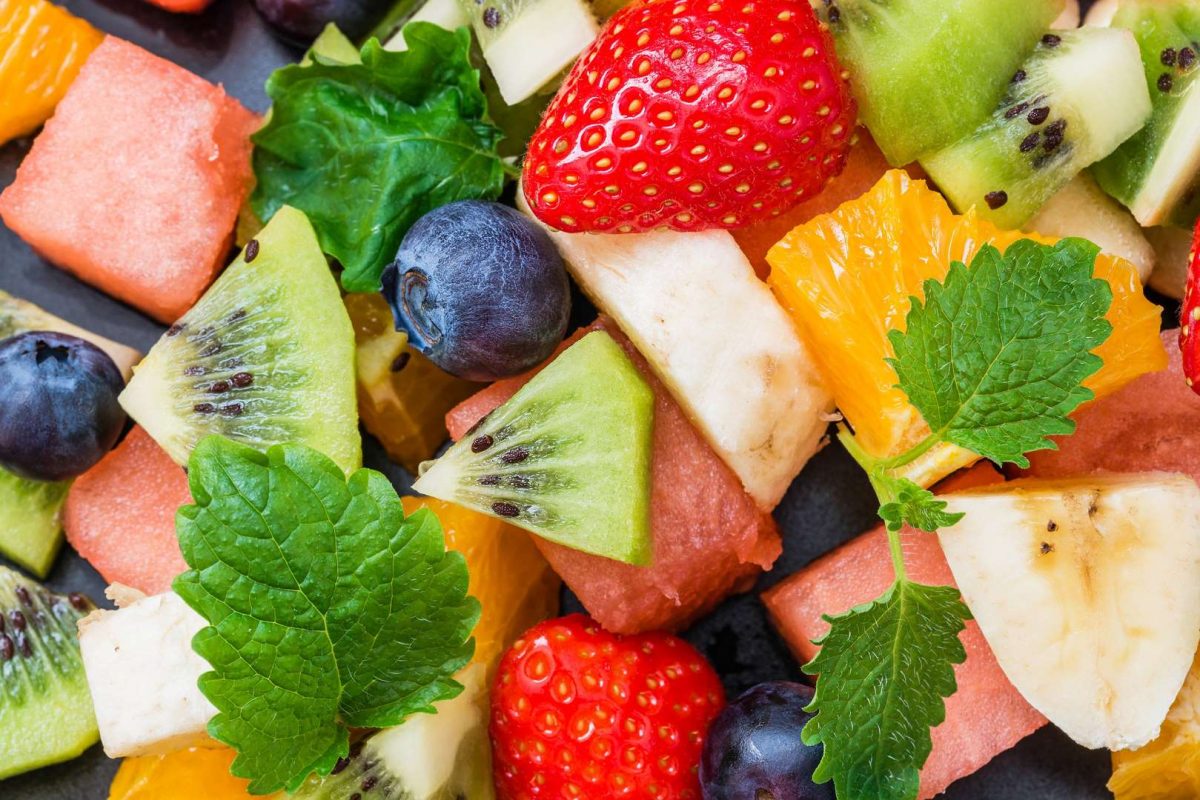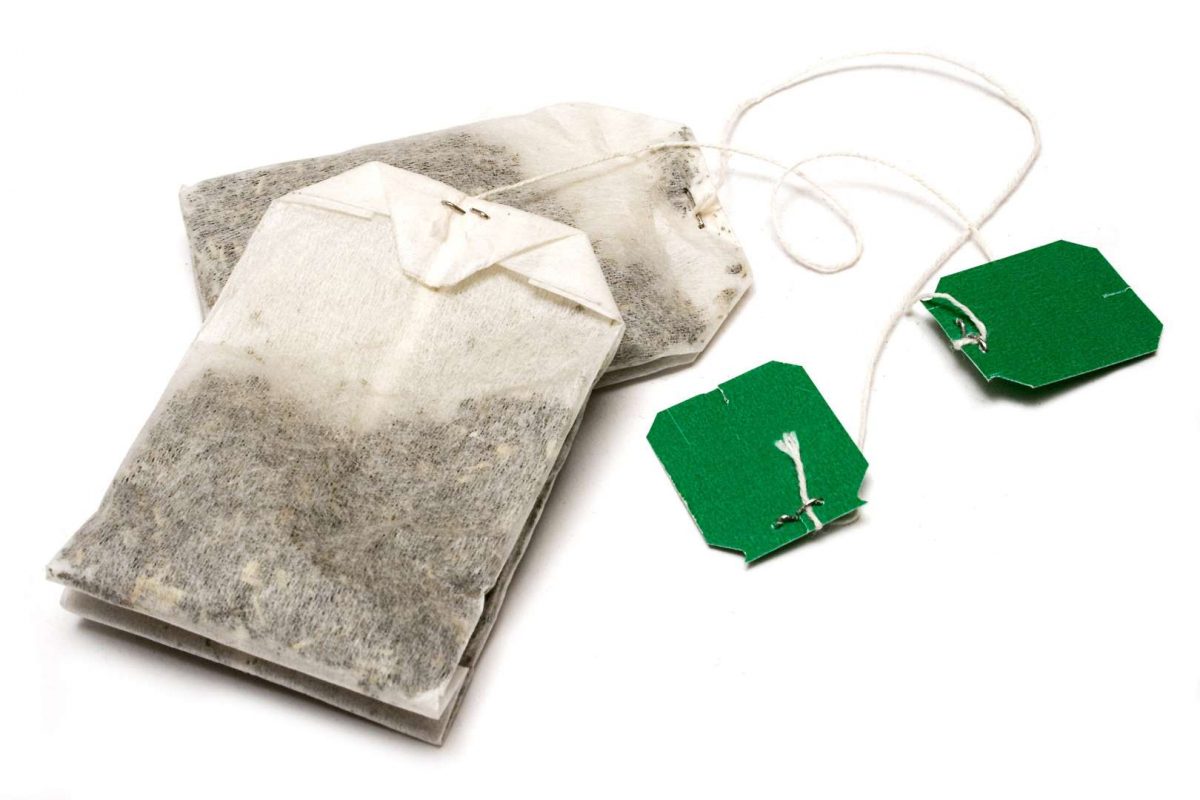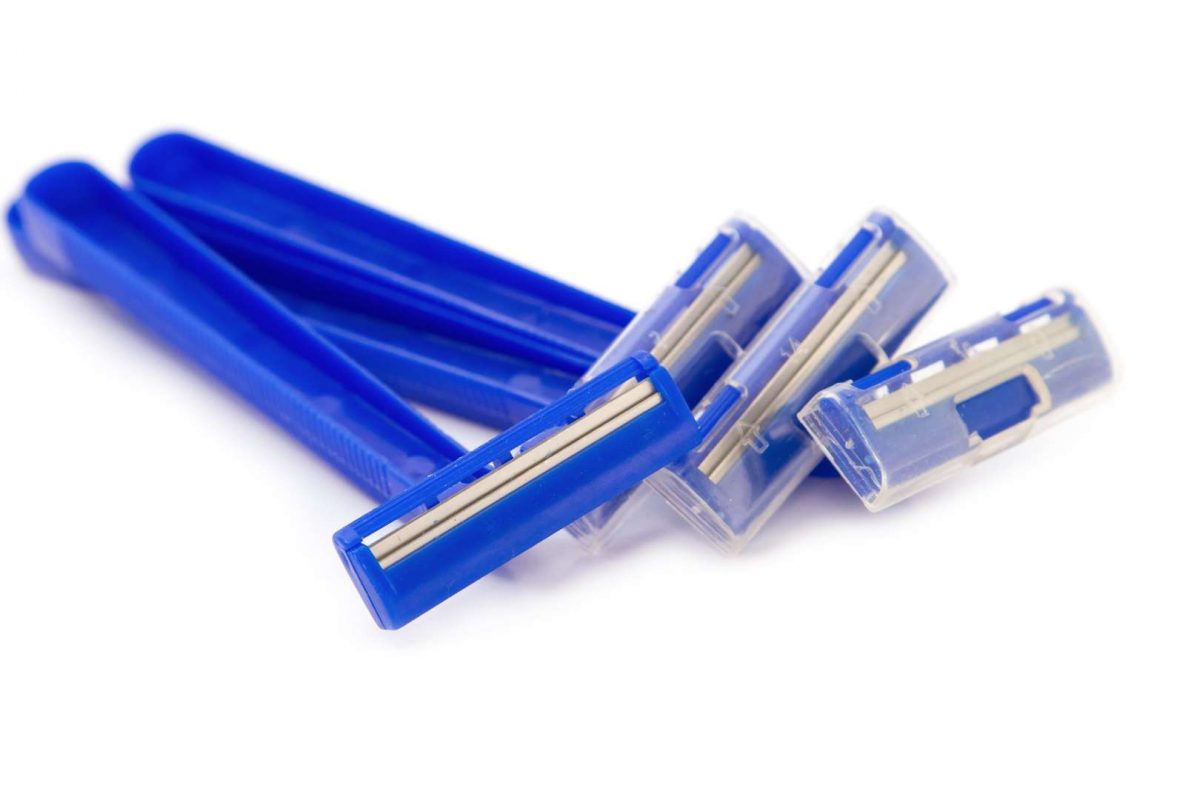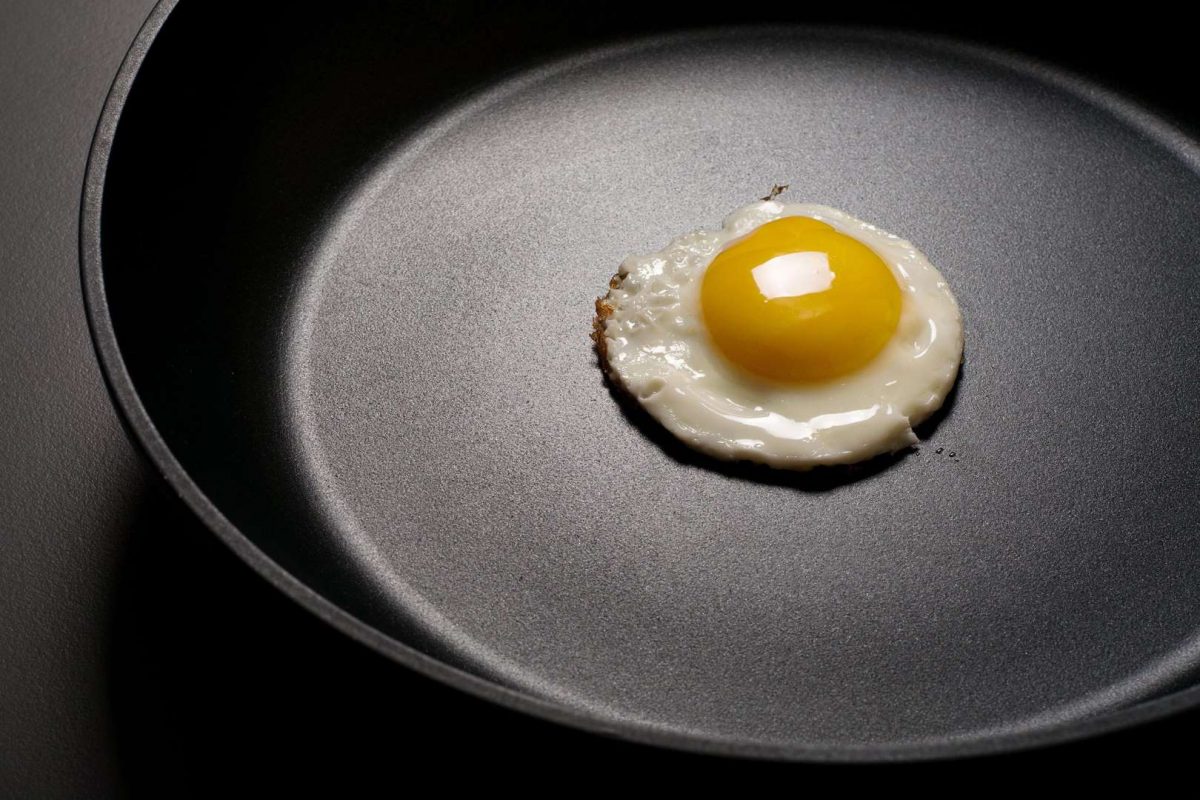
PRE-CUT PRODUCE
Packages of pre-cut fruits and vegetables found at many grocers may save time, but they’re likely to be less fresh and cost as much as 40 percent more than their uncut counterparts. Produce is easy to find cheap, so don’t give into this supermarket ploy to get customers to spend more money on the same product.

TEA BAGS
Cardboard boxes of tea bags create unnecessary waste for a beverage that could easily be consumed without excessive packaging. It’s much more environmentally friendly, and often tastier, to use loose-leaf teas that can be stored in refillable tins and brewed with reusable infusers.

DISPOSABLE RAZORS
Two billion disposable razors made from cheap plastic and steel end up in landfills across the nation each year. Those who shave regularly would do better to invest in an electric shaver, straight razor, or refillable razor. Just be sure to compare prices on blade refills, which can be the most costly component in the long-run.

COSMETICS WITH MICROBEADS
Facial cleansers, toothpastes, soaps, and body scrubs are just some of the personal care products to include plastic microbeads in recent years. Many states have banned or tried to ban the beads for the sake of environmental health — the tiny beads filter into waterways and are consumed by aquatic animals — and because they may harm skin or contribute to tartar buildup when used orally.

NON-STICK COOKWARE
Non-stick pots and pans that wash easily save time, but come with hidden drawbacks. What keeps food from sticking on this kind of cookware is a chemical coating called polytetrafluoroethylene (PTFE, or Teflon), which when heated to high temperatures releases carcinogenic gases like tetrafluoroethylene and perfluorooctanoic acid. Already own non-stick cookware? Play it safe by using them for low-temp cooking only.

